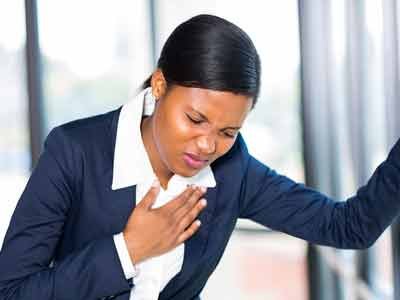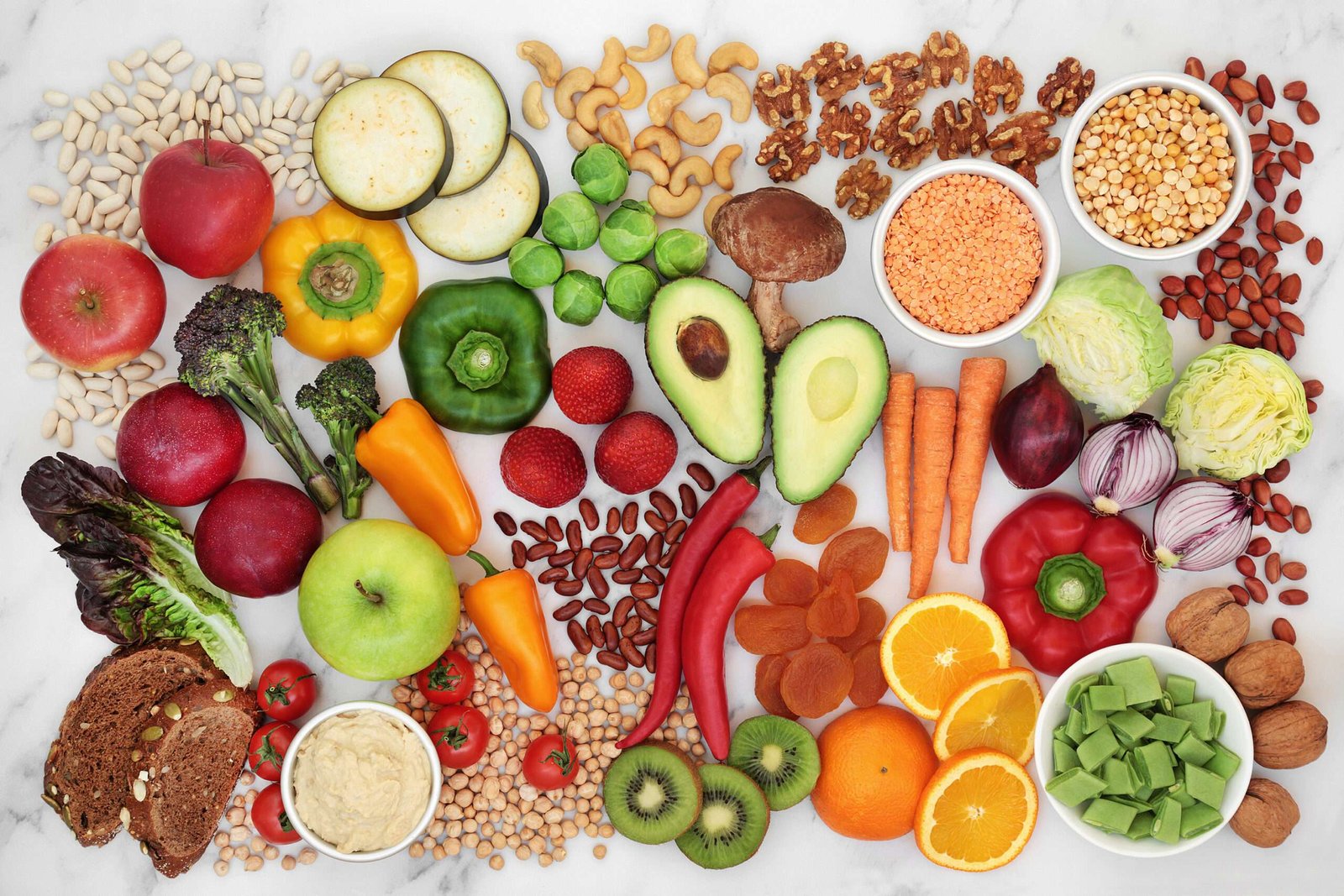In recent times, cases of people slumping and dying known as sudden cardiac death have been on the rise. One such is the late Onyeka Onwenu, the legendary singer, actress, and activist.
Onwenu slumped shortly after performing during a birthday party. She was rushed to Reddington Hospital where doctors were in a battle to resuscitate her all to no avail. She was declared dead after two hours.
Sudden slumping also known as sudden cardiac arrest (SCA) is like a time bomb waiting to happen. It occurs when your heart stops pumping oxygen-rich blood throughout your body. This implies that your organs cannot receive the oxygen that they require to function and keep you alive. It can become fatal leading to death. Sudden cardiac death (SCD) usually occurs between a few minutes to an hour after the onset of symptoms.
Though rare, sudden cardiac arrest can happen to anyone below 25 years. However, its risk increases with age.
This critical health pandemic that is spreading like wildfire is often linked to underlying health issues, especially those related to the cardiovascular system.
However, with emergency and appropriate treatment which includes cardiopulmonary resuscitation (CPR), survival is possible.
Causes of Sudden cardiac death
For sudden slumping, two organs, the heart and brain play a vital role. When either of these organs fails to function properly, it can lead to sudden death.
Conditions like heart attacks, heart failure, and arrhythmias are all potential causes of sudden cardiac arrest. These problems are frequently aggravated by undetected or poorly controlled hypertension and elevated cholesterol levels.
According to experts, sudden cardiac death usually occurs in persons with known or undiagnosed heart diseases.
Signs and symptoms
Signs and symptoms of sudden cardiac arrest may occur hours or weeks before death.
Symptoms that may occur weeks before include;
- Shortness of breath
- Fainting
- Chest pain
- Heart Palpitations.
- Lightheadedness or dizziness.
- Fatigue
Symptoms of sudden cardiac arrest are immediate and severe which include:
- Sudden collapse
- Loss of pulse
- No breathing
- Loss of consciousness
The difference between a heart attack and a sudden cardiac arrest
Sudden cardiac arrest is always equated to be the same as a heart attack, however, they are not the same. A heart attack is caused by a blockage in your coronary arteries (the vessels that provide blood to your heart muscle). Sudden cardiac arrest is not due to a blockage. An electrical problem with your heart’s signaling system results in rapid cardiac arrest and, in some cases, death. A heart attack can cause sudden cardiac death, but there are other causes.
Risk factors
- Health conditions like hypertension, diabetes, and hyperlipidemia (high cholesterol) are all risk factors. Unfortunately, many people are unaware that they have these illnesses until it is too late.
- If you have previously had a heart attack, your risk of sudden cardiac death is higher.
- A family history of sudden cardiac arrest or sudden cardiac death.
- A history of congenital (since birth) heart issues or blood vessel abnormalities.
- People with heart failure are six to nine times more likely than most people to have ventricular arrhythmias that can lead to sudden cardiac arrest.
- A history of taking recreational drugs or drugs that can cause arrhythmias.
Prevention and Treatment
The risk of getting sudden cardiac arrest can be reduced with these tips:
- Regular health checkups to check blood pressure and overall cardiovascular health can aid in detecting and treating possible problems. This is very essential especially if they have a family history of heart and cardiovascular disease.
- Healthy lifestyle choices which include eating a healthy balanced diet, regular exercise, and quitting tobacco intake can all reduce the risk of sudden cardiac arrest.
- Avoid stress as much as possible.
- Increasing awareness and the importance of CPR. Most death cases of sudden cardiac arrest would have been prevented if CPR had been administered immediately.



